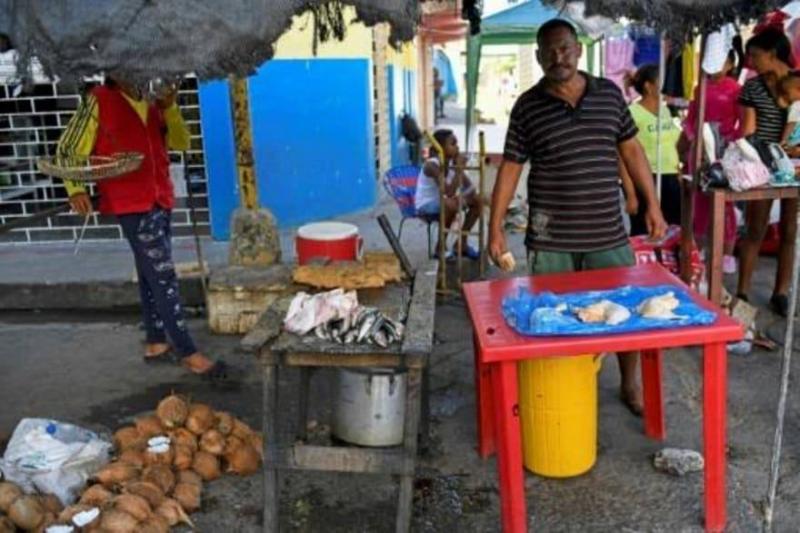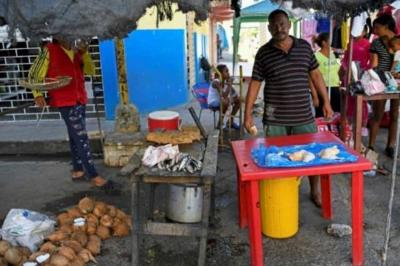A study published on Wednesday showed that three-quarters of Venezuelans live in extreme poverty due to the unprecedented economic crisis plaguing their country, which was once a wealthy oil producer. According to the national living conditions survey coordinated by the private "Andrés Bello" Catholic University, 76.6% of families live in extreme poverty, meaning their income does not allow them to cover their food needs, and 94.5% of families live below the poverty line (1.9 dollars per day). Sociologist Luis Pedro España, presenting the study, stated, "We have reached the peak of poverty," while extreme poverty continues to rise in the country.
According to the study, extreme poverty in the country was 67.7% in 2019-2020, while the poverty rate was 91.5%. The population of Venezuela is now about 28.8 million, meaning around 5 million people have left the country due to the economic and political crisis. Venezuela, once considered one of the richest countries in South America due to its oil, has seen its GDP drop by 80% since 2013, particularly due to decreased oil production and falling black gold prices, but also due to mismanagement and the political crisis. The country is also experiencing hyperinflation with a collapse in the value of the local currency against the dollar.
The study's findings starkly contrast the official figures presented to parliament, which claim that 17% of people live below the poverty line and only 4% live in extreme poverty. According to the study, only 50% of Venezuelans of working age are currently employed, with women being the hardest hit by unemployment, as only 33% of working women are employed. The study emphasizes that, amid gasoline shortages and restrictions to combat the COVID-19 pandemic, the "transportation crisis" particularly affects job seekers. The sociologist warned that "the costs for workers to get to their jobs are starting to exceed the wages they receive."
In Venezuela, the minimum wage, along with food coupons received by many employees, barely exceeds 2 dollars a month, an amount that is insufficient to cover transportation costs, despite the average wage in the private sector being around 50 dollars a month. According to the study, only 65% of the 11 million young people of school age (3 to 24 years) are enrolled in educational institutions in the country, down by 5%. Moreover, 17% of those aged 16 to 24 are enrolled in university. The study was conducted between February and April 2021 on a sample of 17,402 families living in 22 out of the country’s 24 states.




